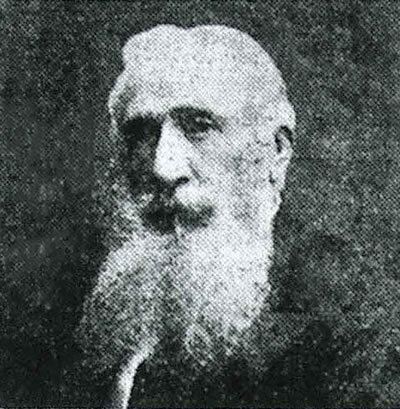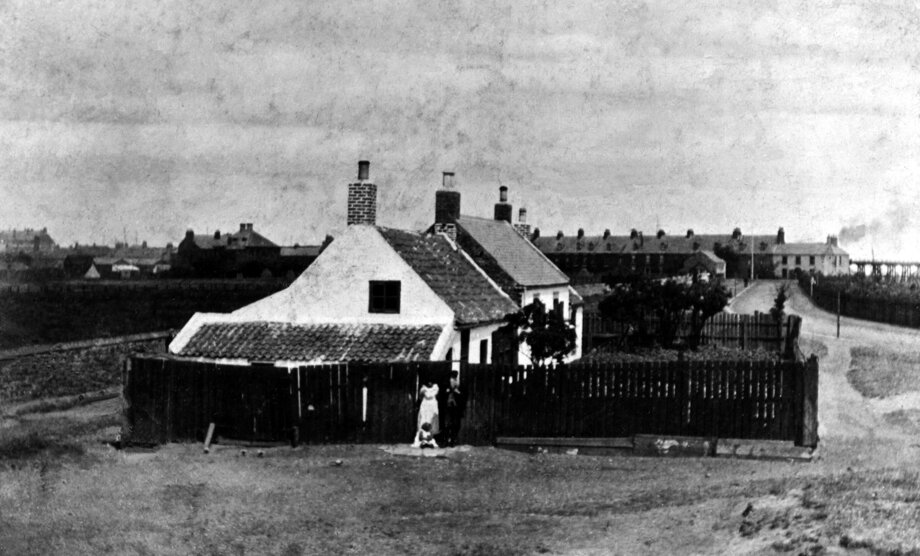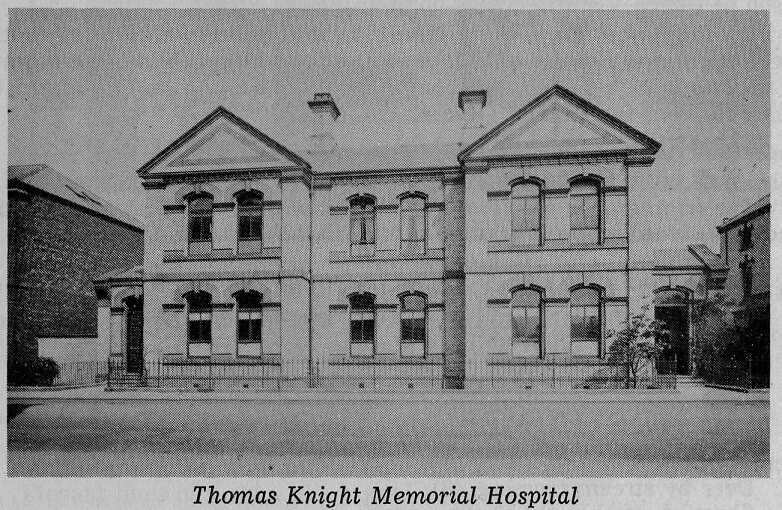- Home
- About Us
- Who is Gilbert Ward
Who is Gilbert Ward
When naming a school, Prosper Learning Trust, look for names that reflect and pay tribute to the heritage of the local area.
 Dr Gilbert Ward came to Blyth from Newcastle in 1832. He helped at the Hartley Pit Disaster in 1862. Dr Ward was prominent in the affairs of Blyth, being the French Consul, Chairman of Blyth Local Board, and Registrar for Births and Deaths. Hospitals in Blyth were created at his instigation and he was involved in many other good works. In 1881 he entertained Prince Alfred the Duke of Edinburgh at this house when the Duke inspected the port as an Admiral in the Royal Navy.
Dr Gilbert Ward came to Blyth from Newcastle in 1832. He helped at the Hartley Pit Disaster in 1862. Dr Ward was prominent in the affairs of Blyth, being the French Consul, Chairman of Blyth Local Board, and Registrar for Births and Deaths. Hospitals in Blyth were created at his instigation and he was involved in many other good works. In 1881 he entertained Prince Alfred the Duke of Edinburgh at this house when the Duke inspected the port as an Admiral in the Royal Navy.
Creation of the Cottage Hospital

During the 1832 epidemic as a young doctor, Gilbert Ward, visited Blyth. At the time he was in medical training with Dr Andrew Trotter in North Shields. He continued in practice in Blyth throughout the subsequent cholera visitations of 1848, when six or seven died within three weeks, and 1853 when about 20 died.
There was no provision in Blyth for isolating infectious patients, which was a particular problem when seamen in port needed medical treatment ashore. Often, a lodging house keeper was persuaded to take in the sick man. In 1863, however, a French sailor was found to have typhoid fever. Dr Ward at that time was French Vice-Consul for the port, and made himself responsible for finding a lodging house keeper willing to offer accommodation. The sailor recovered, but the keeper caught the fever and almost died.
When told of this incident Sir Matthew White Ridley, landowner of most of Blyth, generously placed a cottage rent free, for the use of Dr Ward, establishing Blyth’s first hospital. The site was at the Park Road end of Ridley Avenue. The Cottage Hospital was used not only for infectious diseases but also for accidents and other cases. While the costs of running the hospital seem to have been borne by the South Blyth Local Board it was generally known as ‘Dr. Ward’s’, because of the doctor’s great interest and work in it.
Establishing the Thomas Knight Memorial Hospital

Dr Ward was a key player in the establishment of the next Blyth hospital. This was designed to be a memorial to Thomas Knight, a self made Blyth business-man and ship-owner. Thomas Knight died on 28 March, 1878, and his widow dying in April 1879, left in her will a legacy of £6000 to endow a hospital for ‘the sick and lame poor of the townships of South Blyth, Newsham and Cowpen’. The hospital was to be named after Thomas Knight, and must be erected within ten years of her death, failing which the £6000 would be distributed among the next of kin.
None of Mrs Knight’s endowment was to be used for the hospital building. This was the responsibility of the townspeople of Blyth, and was estimated as likely to cost £2500. Due to the depressed state of trade at this time there was little hope of raising such a sum, Dr Ward started to fund raise money to build the hospital and managed to persuade Sir Matthew White Ridley to donate the hospital site and a generous gift of money.
Dr Gilbert Ward presented the key to the new building to Lady Ridley who opened the hospital on 28 December 1887.
On the day of Dr. Gilbert Ward’s funeral police were out to control the crowds, many shops and places of business closed, blinds were drawn at the Hospital, the Mechanics Institute and the banks. Among the wreaths was one from the French Government.